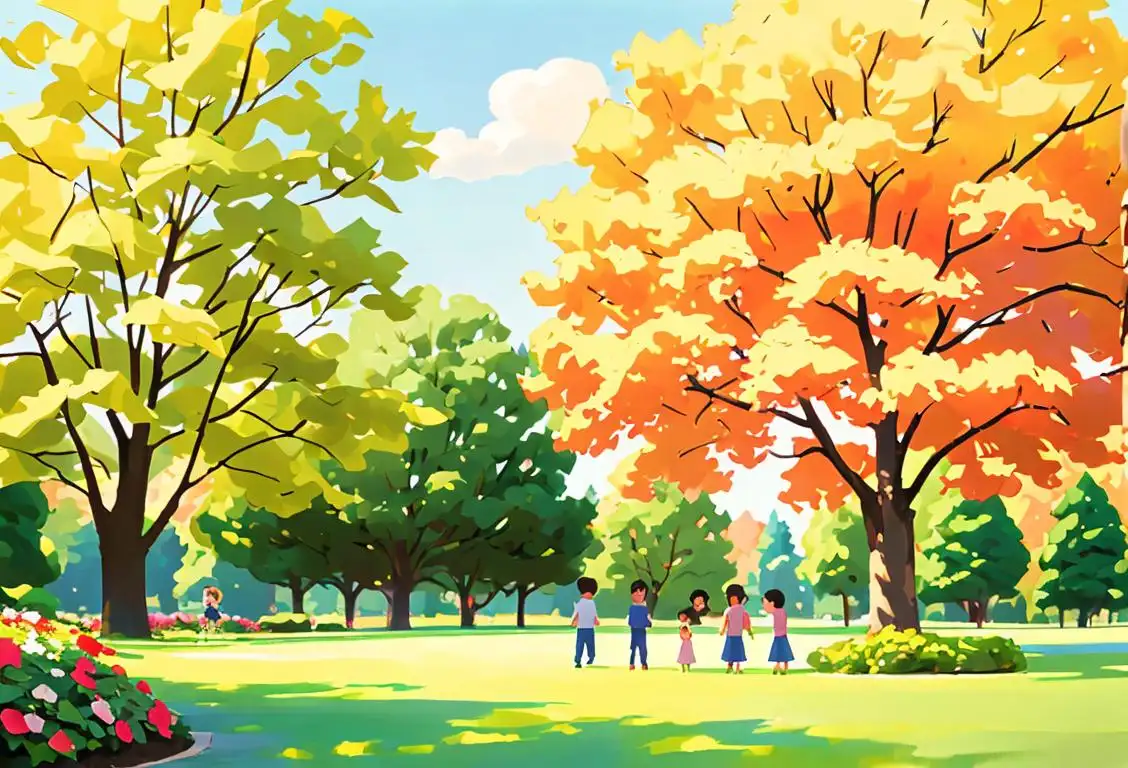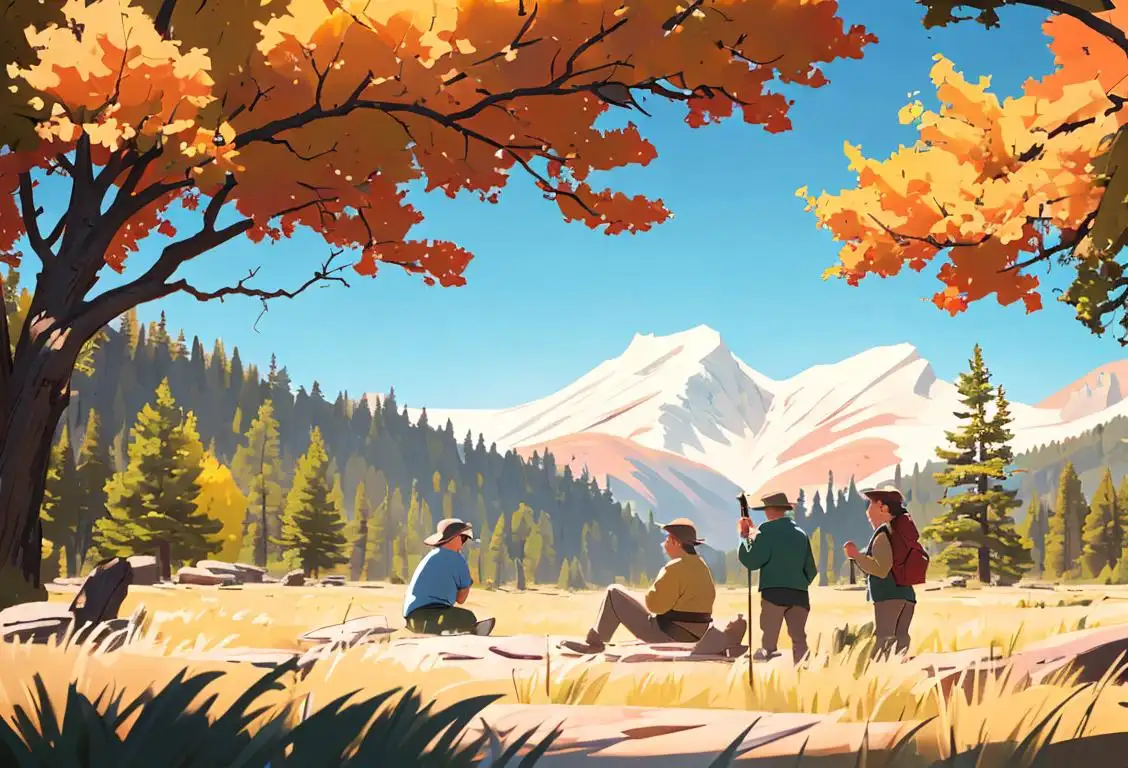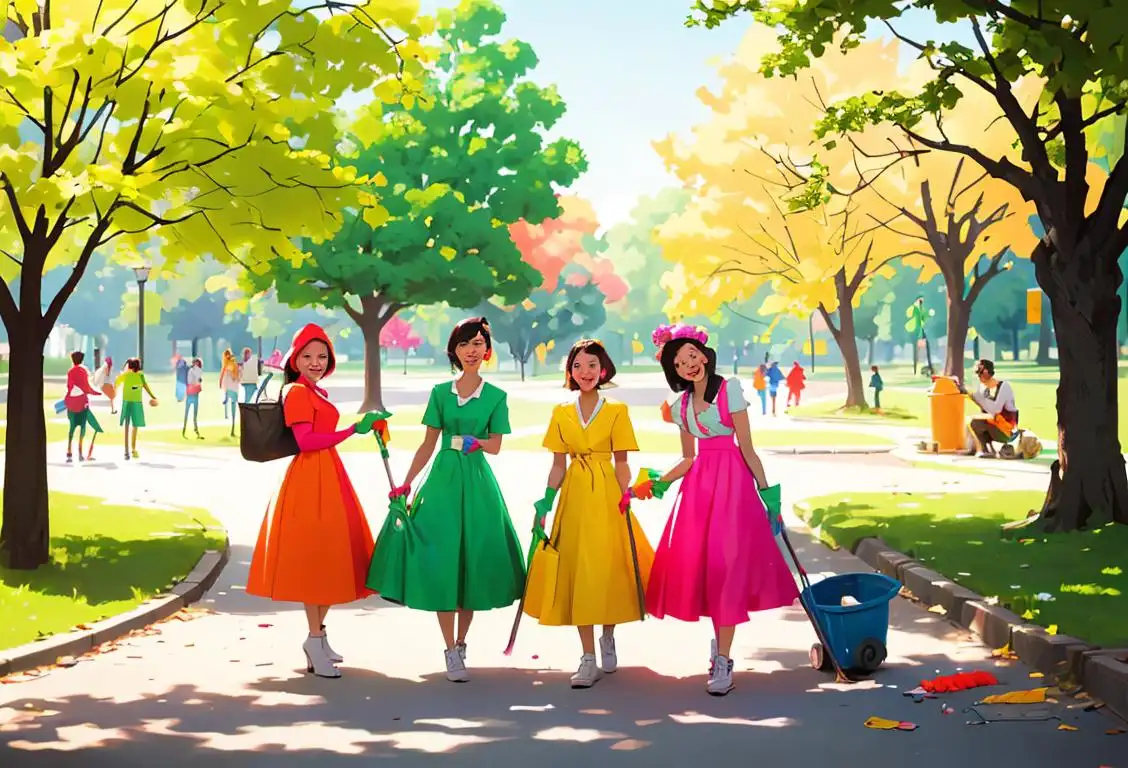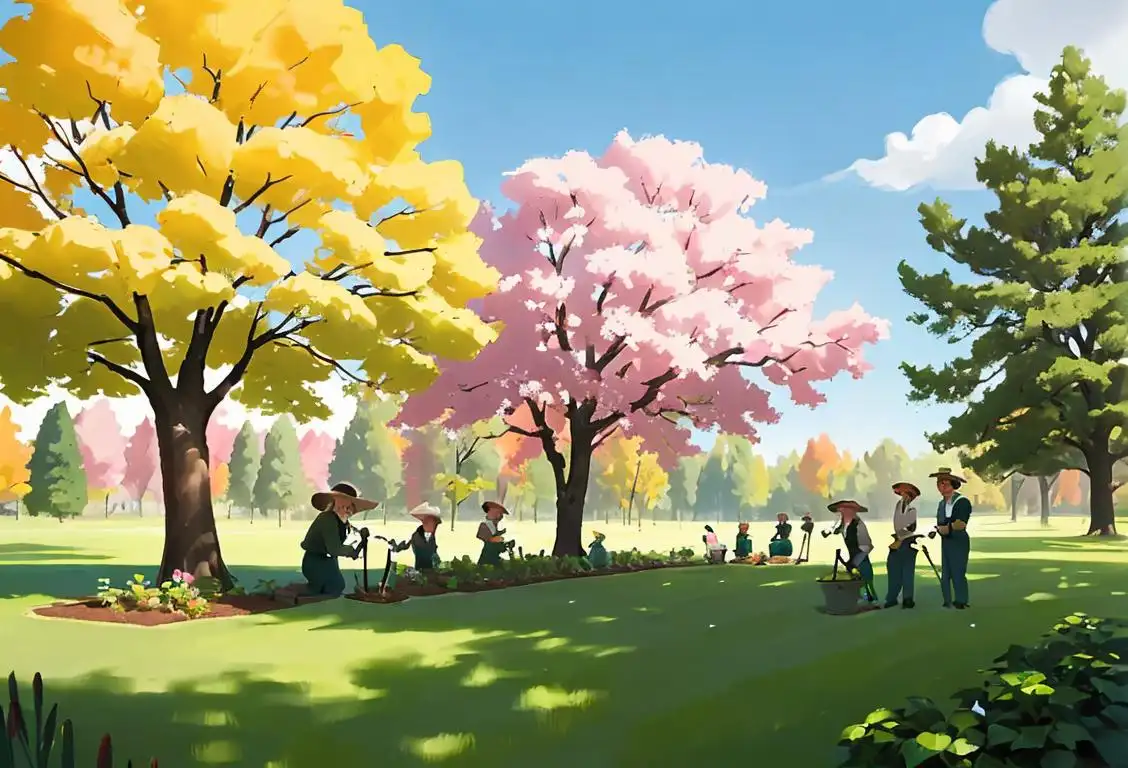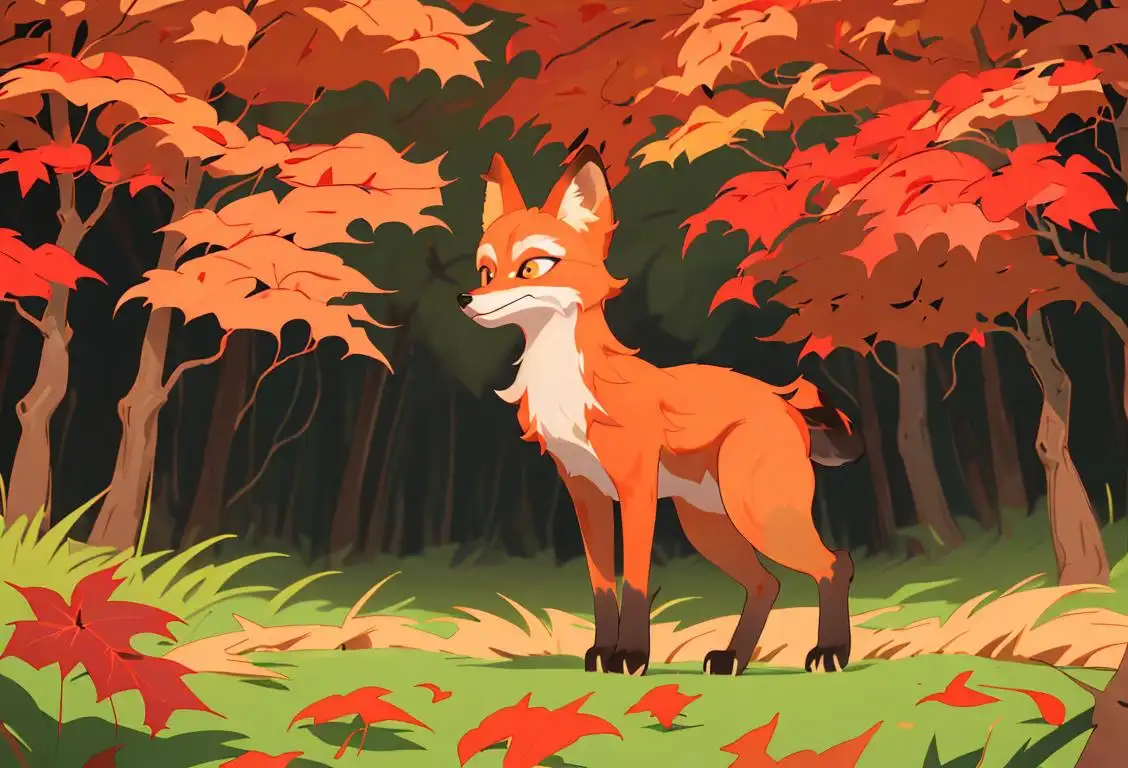National Plantation Day

Welcome to the wacky world of National Plantation Day! Get ready to dig deep into the internet history of this day filled with greenery and good vibes.
When is Plantation Day?
It's national plantation day on the 2nd September.
What is National Plantation Day?
While it might sound like a day dedicated to large estates and historical homes, National Plantation Day is actually all about celebrating trees! It's a day to raise awareness about the importance of planting and caring for trees, as well as the incredible benefits they bring to our environment and communities.
So why do we need a special day for tree planting? Well, the answer is simple: trees are the real-life superheroes of our planet. They absorb carbon dioxide, release oxygen, provide shade, prevent soil erosion, and offer a haven for wildlife. Plus, they add a nice touch of green to our urban landscapes, making the concrete jungle a little more bearable.
The Internet History of National Plantation Day
The roots of National Plantation Day can be traced back to the depths of the internet. It started gaining online traction around 02 Sep 2018, when people from all corners of the web began championing the cause of tree planting.
As the mentions of National Plantation Day continued to grow, so did the enthusiasm for tree-themed memes, tree-planting challenges, and adorable videos of squirrels perched on tree branches. It became a digital movement to encourage individuals, communities, and organizations to do their part in preserving and expanding our forested areas.
How to Celebrate National Plantation Day
Celebrating National Plantation Day is as fresh as a crisp morning breeze! Here are a few ideas to get you started:
- Grab a shovel and plant a tree in your yard or community garden. Bonus points if you give your tree a cool nickname like 'Bark Twain' or 'Leafy Gaga'.
- Organize a tree-planting event in your neighborhood and invite friends, family, and even that friendly squirrel you frequently spot in the park.
- Donate to organizations that focus on reforestation efforts and the preservation of existing forests. They'll put your green into good use.
Did You Know?
Did you know that trees can actually increase property values? Studies have shown that having well-maintained trees in a neighborhood can raise property prices by up to 15%. So, in addition to making the world a greener place, planting trees can make your wallet a little happier too!
History behind the term 'Plantation'
1610
Introduction of Plantations in Virginia
In the year 1610, the concept of 'plantation' was introduced in the English settlement of Jamestown, Virginia. Plantations were large agricultural estates where crops like tobacco, corn, and other crops were grown for profit. These plantations were established by English colonizers as a means to generate wealth and sustain the growing population.
1700s
Spread of Plantations in the Southern Colonies
In the 1700s, the idea of plantations expanded and became more prevalent in the southern colonies of North America, specifically in Maryland, South Carolina, Georgia, and other areas with suitable climates for cash crops. Slavery played a significant role in the development of these plantations, as enslaved Africans were forced to work on the farms and cultivate the land.
1808
Importation of Enslaved Africans Banned
In the year 1808, the importation of enslaved Africans to the United States was officially banned. This decision resulted in a shift in the workforce on plantations, as slave owners utilized the existing enslaved population for labor. The conditions on plantations during this period were harsh, and enslaved individuals were subjected to exploitation and dehumanization.
1865
End of the Civil War and Emancipation
The year 1865 marked the end of the American Civil War and the emancipation of enslaved individuals. This pivotal moment in history signaled the decline of traditional plantation systems based on slave labor. However, many former slaves continued to work on plantations as sharecroppers, facing various challenges and discrimination in their newfound freedom.
20th Century
Evolution of Plantations in the Modern Era
During the 20th century, the concept of plantations evolved, especially with the decline of large-scale agricultural estates. Plantations began to focus on diverse crops such as cotton, sugarcane, coffee, tea, and more. Many modern plantations also opened up to tourism, attracting visitors interested in experiencing the historical, cultural, and natural aspects of these estates.
Did you know?
Did you know that trees can actually increase property values?Tagged
awareness fun community nature environmentFirst identified
2nd September 2018Most mentioned on
2nd September 2018Total mentions
94Other days
Plantation Day
Arbor Day
Penguin Day
Public Lands Day
Garbage Day
Tree Planting Day
Fox Day
Cheese Pizza Day
Law Day
Bat Appreciation Day
